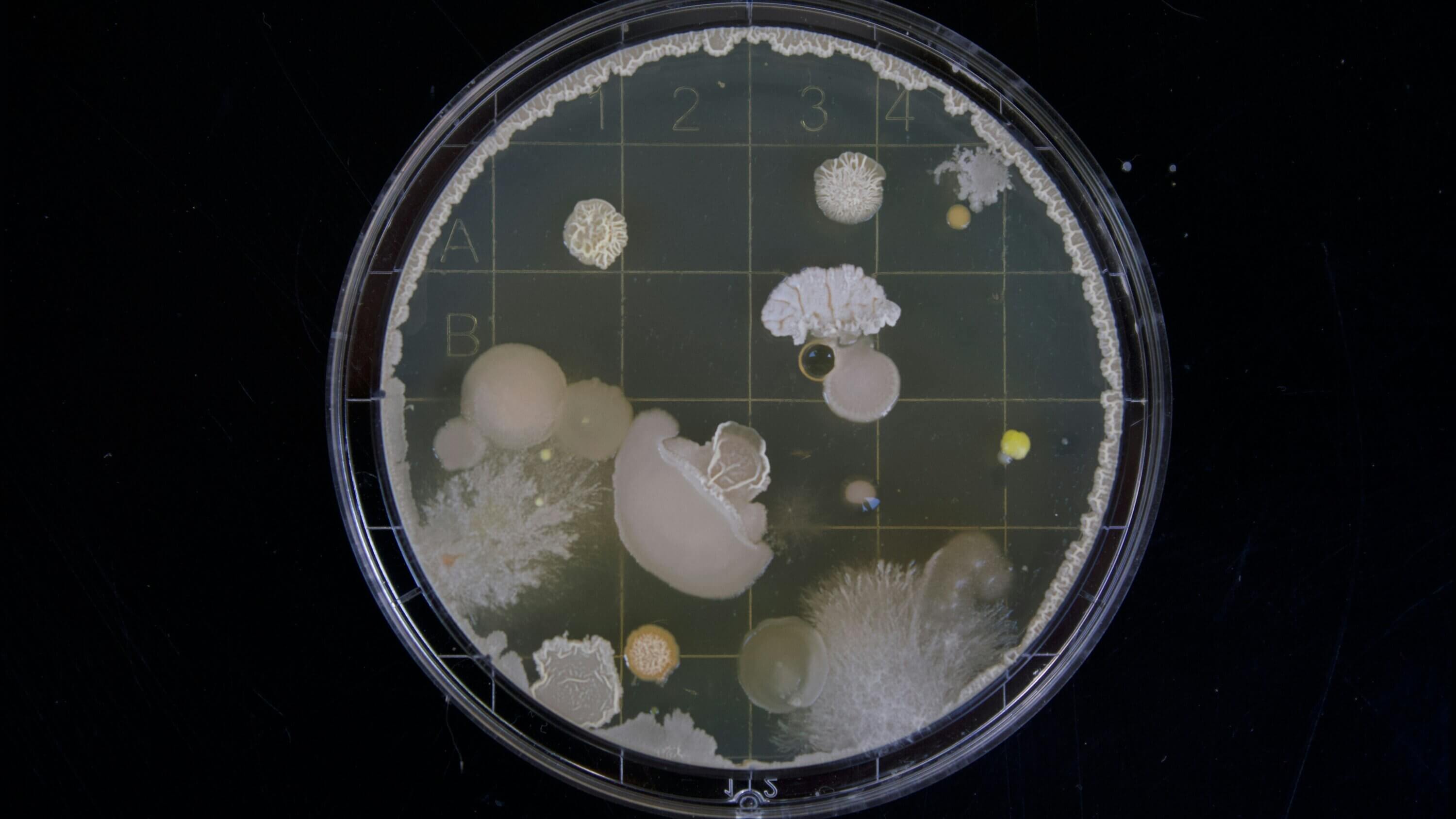
Following the successful distinguished lecture series launched in 2022 in support of the International Year of Basic Sciences for Sustainable Development (IYBSSD), the International Science Council GeoUnions are launching a new lecture series in recognition of the ratification by the United Nations of the International Decade of Sciences for Sustainable Development (IDSSD).
The lectures are aimed at highlighting the importance and role of science in achieving the Sustainable Development Goals and will be of interest to researchers and students.
The second in the new series is to be presented by Professor Yongguan ZHU on Tuesday 12 November 2024 at 10:00 AM UTC. Attendance is free.
The microbiome contributes to ecosystem sustainability and human health through complex interactions between the physical environment and other organisms dwelling in that environment. Given the enormous diversity and functions performed by ecosystem microbiomes, in this presentation, antimicrobial resistance (AMR) will be used as an example to explore microbial connectivity across entire ecosystems. It is found that both urban wastewater treatment plants and intensive animal farms are major sources of AMR pollution in the environment. Once anthropogenic AMR enters the environment, it can be spread through mass microbial movement within the ecosystem and transported through various pathways at regional and even global scales.
The application of single-cell methodologies for in situ analysis of AMR will be highlighted, specifically targeting the “distribution-diffusion-development” (3D) process of active antibiotic-resistant bacteria (ARB). Targeted single-cell sorting and metagenomics make it possible to pinpoint “who is doing what and how” in the most active ARB, and to track the physiological evolution of resistance and analyze the underlying genetic mechanisms. In summary, AMR within the ecosystem can be cycled between humans, animals, plants and the environment, and the One Health framework in assessing microbial cycling should be adopted.
Professor Yongguan ZHU is an Academician of the Chinese Academy of Sciences (CAS), Fellow of TWAS (The World Academy of Sciences), Fellow of the International Science Council (ISC), and is the Director General of the Research Center for Eco-environmental Sciences, CAS. He has been working on environmental health and well-being issues related to pollution, soil biodiversity and microbial ecology. He was a scientific committee member for ISC program on Human Health and Wellbeing in Changing Urban Environment, and is a member of the Committee of Science Planning of ISC. He served for nine years as a member of the Standing Advisory Group for Nuclear Application, International Atomic Energy Agency (2004-2012). He has received numerous merit awards, including TWAS Award for Agricultural Science 2013, National Natural Science Award 2009 & 2023, International Union of Soil Science von Liebig Award 2022. He publishes widely in international journals with an H-index of 126 (Web of Science), and has been selected as a Web of Science Highly Cited Researcher (2016-2024).
You can join the Zoom session directly by clicking the button below.
Photo by Michael Schiffer on Unsplash
 events
events
 events
events